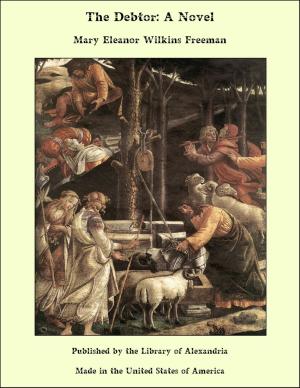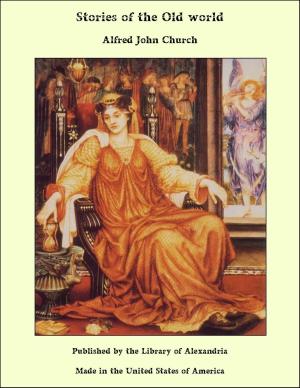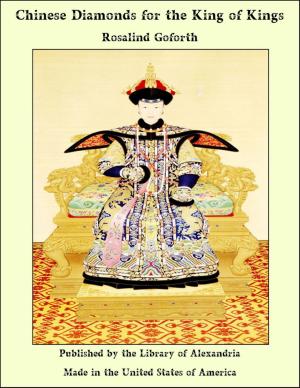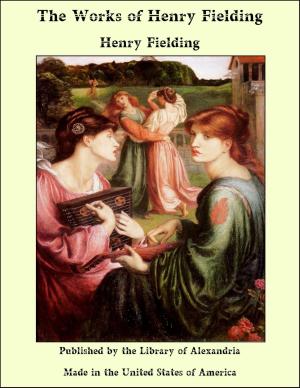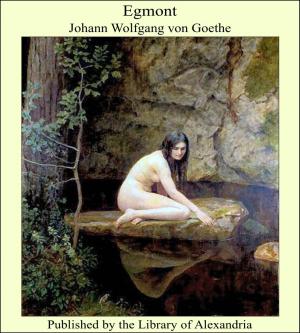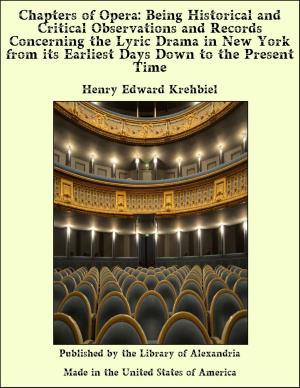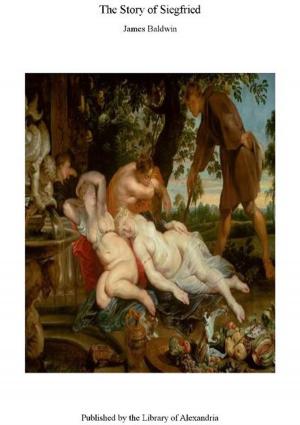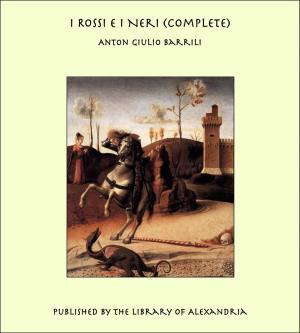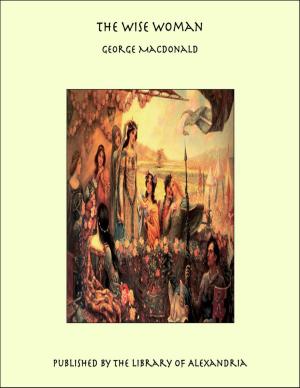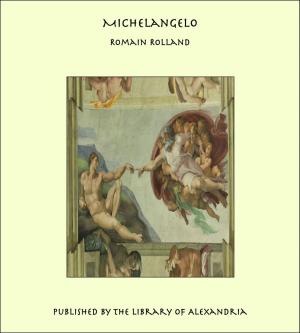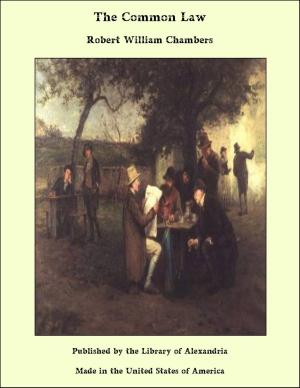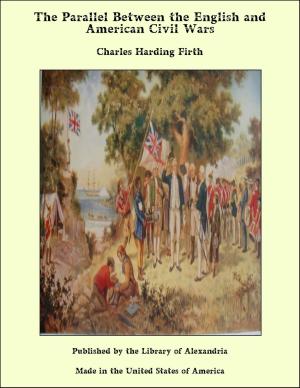| Author: | Arthur Stuart-Menteth Hutchinson | ISBN: | 9781465521002 |
| Publisher: | Library of Alexandria | Publication: | March 8, 2015 |
| Imprint: | Language: | English |
| Author: | Arthur Stuart-Menteth Hutchinson |
| ISBN: | 9781465521002 |
| Publisher: | Library of Alexandria |
| Publication: | March 8, 2015 |
| Imprint: | |
| Language: | English |
A NICE, SHORT BOOK, ILLUSTRATING THE ELEMENTS OF CHANCE CHAPTER I A PAGE OF THE PEERAGE This life we stumble through, or strut through, or through which we creep and whine, or through which we dance and whistle, is built upon hazard—and that is why it is such a very wobbling affair, made up of tricks and chances; hence its miseries, but hence also its spice; hence its tragedies, and hence also its romance. A dog I know—illustrating the point—passed from its gate into the village street one morning, and merely to ease the itch of a momentary fit of temper, or merely to indulge a prankish whim, put a firm bite into a plump leg. Mark, now, the hazard foundation of this chancey life. A dozen commonplace legs were offered the dog; it might have tasted the lot and procured no more pOther than the passing of a few shillings, the solatium of a pair of trousers or so. One leg was as good as another to the dog; yet it chanced upon the vicar's (whose back was turned), enjoyed its bite, jerked from the devout but startled man an amazingly coarse expression, and hence arose alarums and excursions, a village set by the ears, family feuds, a budding betrothal crushed by parental strife (one party owning the dog and the Other calling the vicar Father) and the genesis of a dead set against the vicar's curate (who hit at the dog and struck the priest) that ended in the unfortunate young man having to leave the village. But all that is by the way, and is only offered to your notice because commonplace examples are usually the most striking illustrations. It is introduced to excuse the starting of this story with its least and worst character. He figures but occasionally on these pages; yet by this chance and by that he comes to play a vital part as the story draws to an end; he comes, in fact, to close it: and therefore, out of his place, he shall be the first to occupy your attention. Egbert Hunt his name
A NICE, SHORT BOOK, ILLUSTRATING THE ELEMENTS OF CHANCE CHAPTER I A PAGE OF THE PEERAGE This life we stumble through, or strut through, or through which we creep and whine, or through which we dance and whistle, is built upon hazard—and that is why it is such a very wobbling affair, made up of tricks and chances; hence its miseries, but hence also its spice; hence its tragedies, and hence also its romance. A dog I know—illustrating the point—passed from its gate into the village street one morning, and merely to ease the itch of a momentary fit of temper, or merely to indulge a prankish whim, put a firm bite into a plump leg. Mark, now, the hazard foundation of this chancey life. A dozen commonplace legs were offered the dog; it might have tasted the lot and procured no more pOther than the passing of a few shillings, the solatium of a pair of trousers or so. One leg was as good as another to the dog; yet it chanced upon the vicar's (whose back was turned), enjoyed its bite, jerked from the devout but startled man an amazingly coarse expression, and hence arose alarums and excursions, a village set by the ears, family feuds, a budding betrothal crushed by parental strife (one party owning the dog and the Other calling the vicar Father) and the genesis of a dead set against the vicar's curate (who hit at the dog and struck the priest) that ended in the unfortunate young man having to leave the village. But all that is by the way, and is only offered to your notice because commonplace examples are usually the most striking illustrations. It is introduced to excuse the starting of this story with its least and worst character. He figures but occasionally on these pages; yet by this chance and by that he comes to play a vital part as the story draws to an end; he comes, in fact, to close it: and therefore, out of his place, he shall be the first to occupy your attention. Egbert Hunt his name

